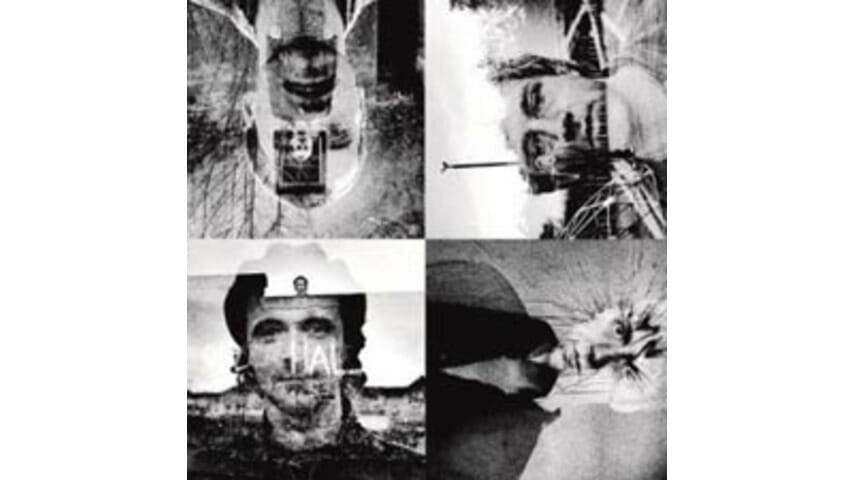Travis – 12 Memories

I’m still trying to figure out how many listens it’ll take for Travis’ fourth LP to kick in. The elements that made 1999’s The Man Who thoroughly engaging and 2002’s The Invisible Band intermittently enjoyable—Fran Healy’s dead-earnest vocals and melodic twists, the players’ sturdy, gimmick-free performances, the earthy authenticity of the music—are present on 12 Memories. Nonetheless, very little coheres or catches the ear. Perhaps the four Scots finally had enough of the endless comparisons to Radiohead and Coldplay—but coming up with an album as lethargic as this one isn’t the smartest way to separate themselves from their distinguished contemporaries.
The approach Travis employs here makes perfect sense on paper; throughout the album, the band hews to ambling tempos set forth by four-square snare patterns and strummed acoustic guitars, sparingly adorned by simple keyboards and vocal harmonies (the sort of approach favored by The Beatles in the mid-’60s), a tactic that would seem to play to the band’s crispness and subtlety. But with spare settings like these, every touch must count and the melodies must lift—in short, something needs to happen—otherwise the results will simply be aimless and dull.
-

-

-

-

-

-

-

-

-

-

-

-

-

-

-

-

-

-

-

-

-

-

-

-

-

-

-

-

-

-

-

-

-

-

-

-

-

-

-

-








































